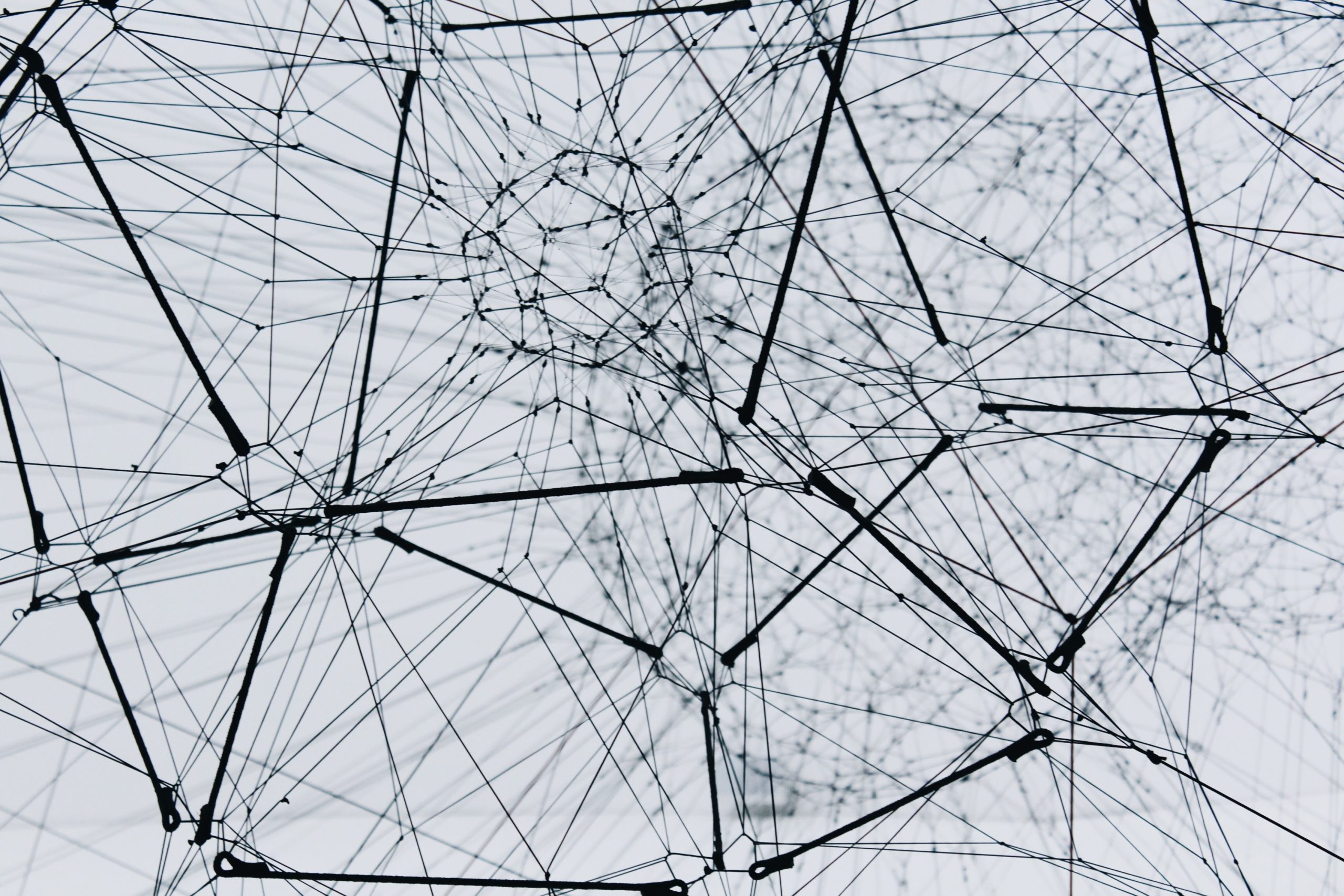This online event on July 1st 2020 was the third in the “CIMR debates in public policy” seminar series. The seminar was chaired by Dr Laura Kreiling, OECD Science and Technology Policy Division, Directorate for Science, Technology and Innovation, and presentations were given by Dr Muthu De Silva and Dr Federica Rossi.
The seminar provided the opportunity for the speakers to present their findings in relation to the ongoing project on Co-creation by the OECD. Laura provided an introduction to the project (https://oe.cd/tipcocreation ) and its objectives, and illustrated its significance in relation to the overall activities of the OECD’s Science Technology and Innovation Policy Directorate.
Muthu presented the conceptual framework underpinning the project (developed with her co-authors Leonid Gokhberg, Dirk Meissner and Margherita Russo) aimed at identifying the role of science-business co-creation as a collaborative approach – between universities, businesses, government, intermediaries and society – that is uniquely well positioned for addressing societal and economic challenges. This framework highlights the significance of the simultaneous generation of social and business value, so that, social value will be sustainable and scaled-up. She outlines a conceptual framework capturing the heterogeneity of co-creation and their determinants. It stresses the multidimensional nature of co-created value: in terms of scope of innovation (i.e. different types of innovation ranging from technologies to capabilities), reach (i.e. whether the value reaches a broader or focused group of beneficiaries/recipients) and prominence (i.e. the balance between social values and business value). Muthu also briefly presented the UK’s co-creation case-study that she wrote for the OECD project – the WILDLABS TECH HUB initiative, which was introduced to catalyse close collaboration across private and public partnerships, to develop and scale the best technologies to stop the Illegal Wildlife Trade (IWT) and lead by Sophie Maxwell.
Federica Rossi presented the paper she developed ( with her co-authors Annalisa Caloffi, Ana Colovic, Margherita Russo) for the OECD project. This paper discusses the role of a specific actor involved in co-creation, innovation intermediaries, and how they can support digital technology co-creation processes. Based on evidence from innovation intermediaries in the UK and France, she argued that public intermediaries, which carry public policy mandates, have a specific role to play, particularly in the context of the emerging, complex and yet not fully commoditised set of technologies underpinning the ‘fourth industrial revolution’.
The workshop was concluded by Dr Laura Kreiling who suggested a number of important take-aways from the seminar discussion:
- The importance to capture and make explicit the different kinds of value created in/during/from co-creation initiatives (social, economic, cognitive etc) as well as the large diversity of co-creation initiatives
- The difficulty to demonstrate different value creation dimensions and the issue of measurement timelines
- The need for a system of incentives with indicators that reflect not only economic, but also social value creation
- Governments play an important role in funding and shaping the evaluation of co-creation initiatives and public intermediaries
The presentations were followed by a lively discussion with the attendees. Our OECD colleagues found the event very helpful too. Laura said that the seminar “was a great occasion to communicate with a new audience and drive a discussion on this important topic”, while Caroline Paunov, Senior Economist and Head of Secretariat for the OECD Working Party on Innovation and Technology Policy (TIP), OECD, commented that “It is very important to have these discussions in view of the current and upcoming work of the TIP“.
Workshop materials:
Muthu de Silva’s slides
Federica Rossi’s slides

